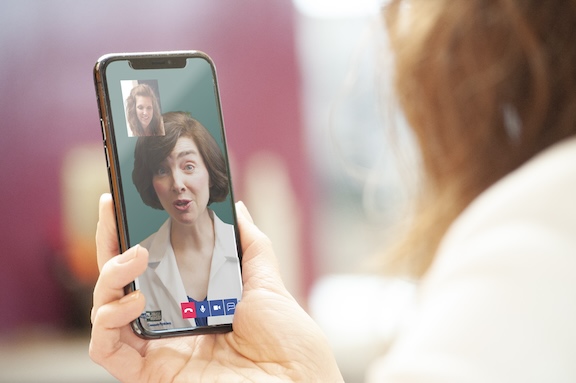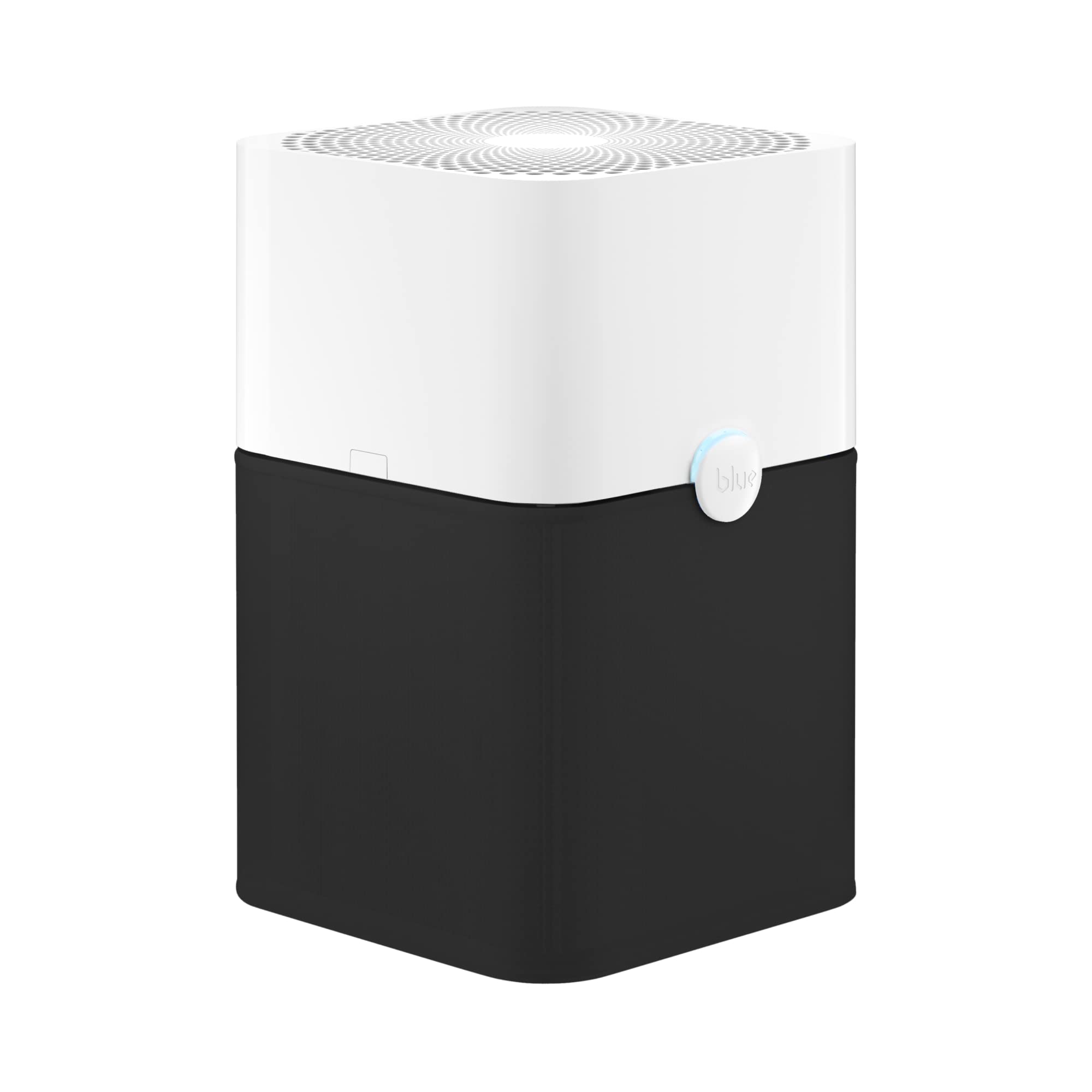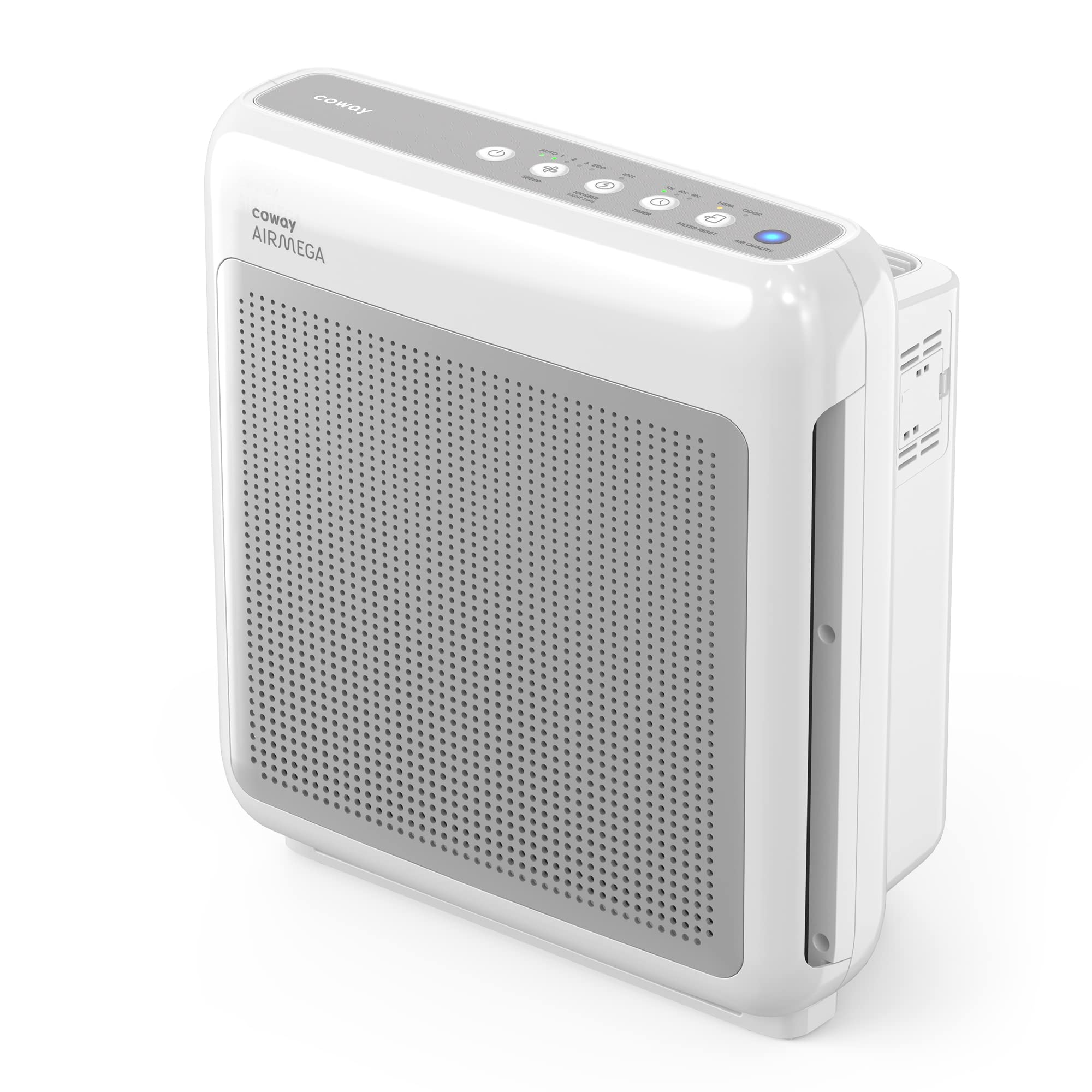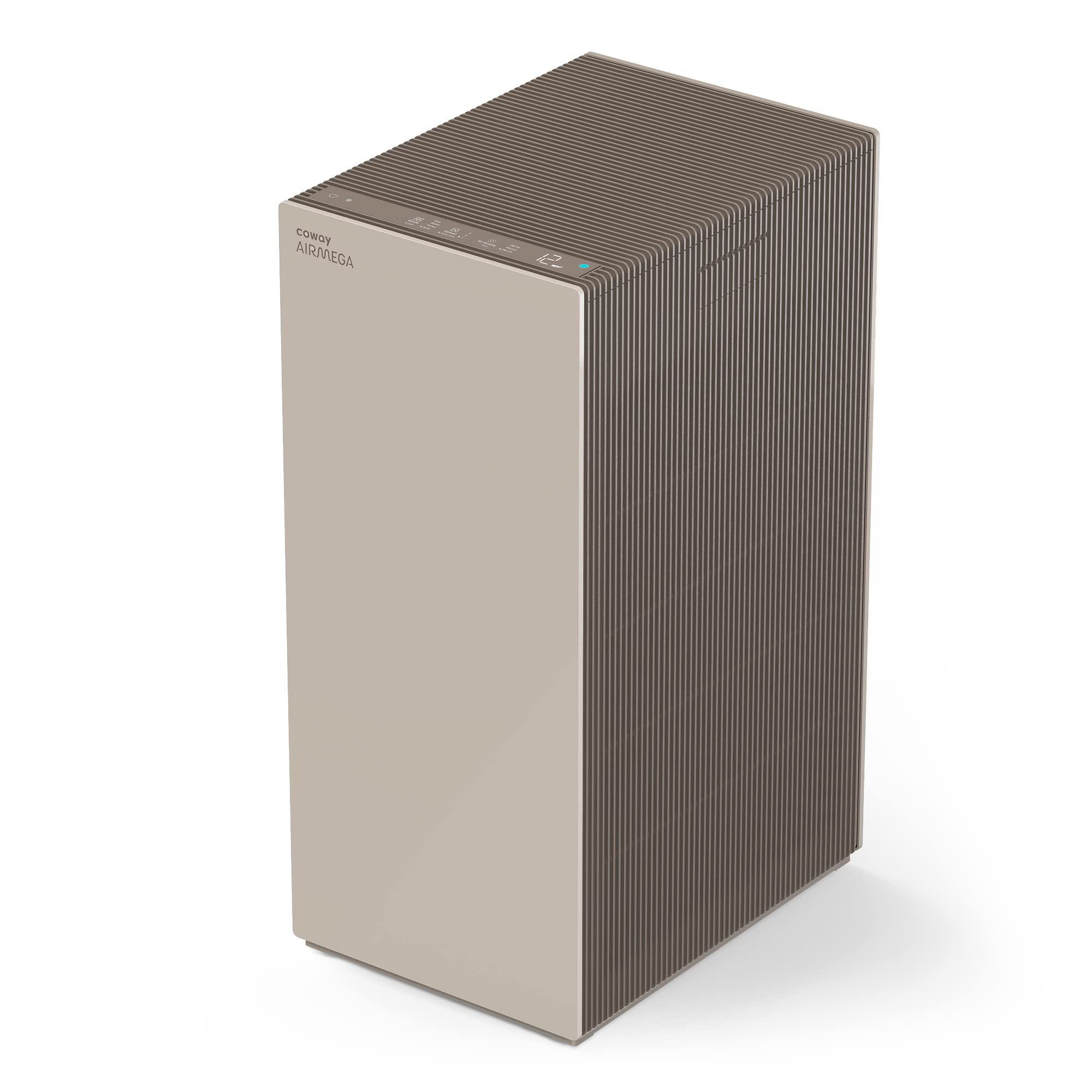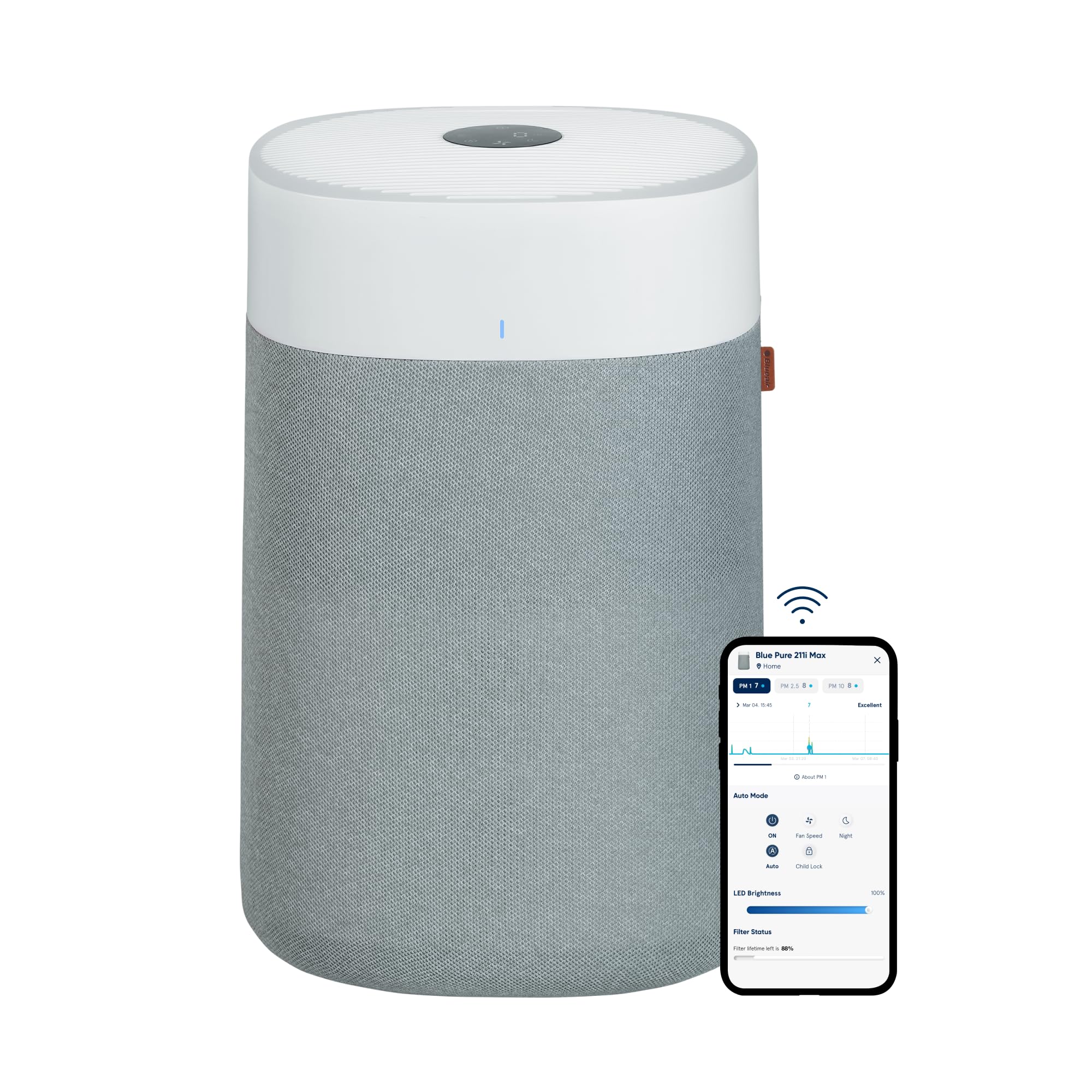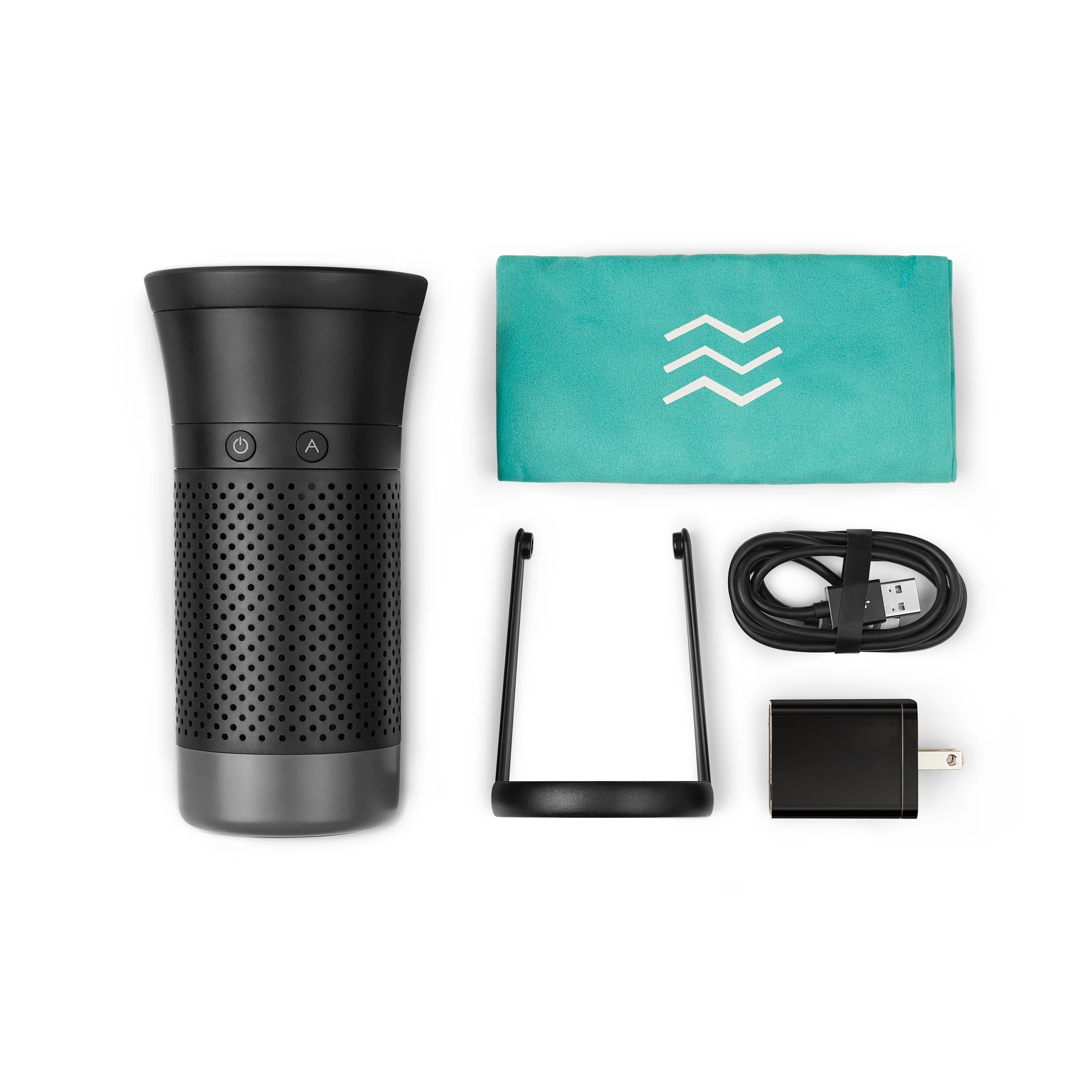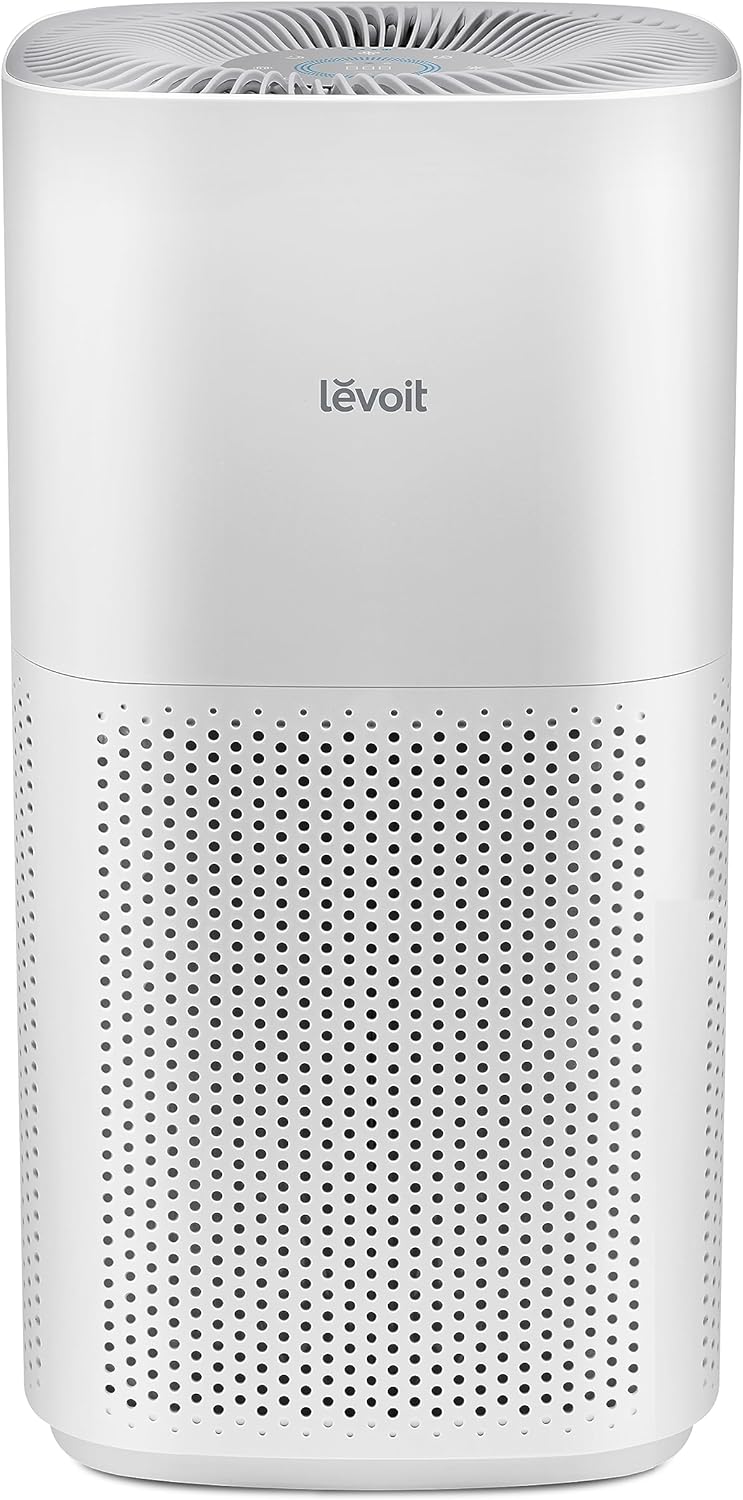Air Purifiers
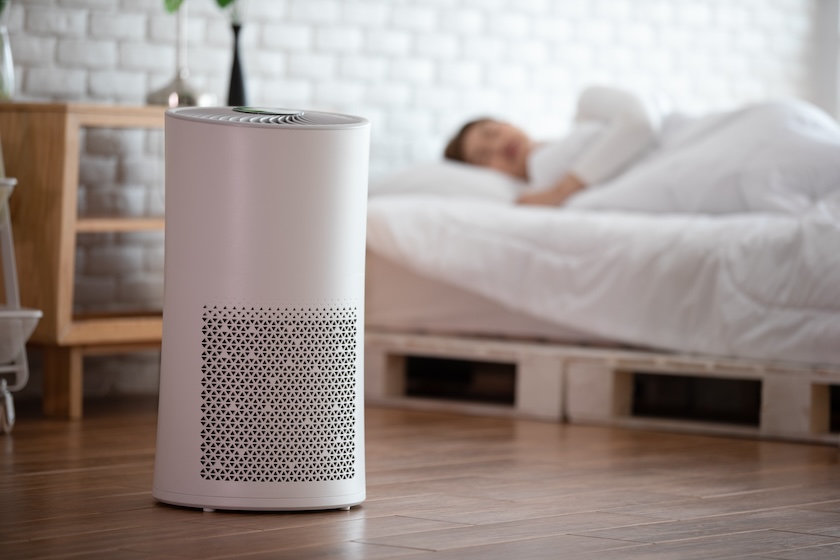
Most people sleep for six to eight hours a night. And for all that time, you’re breathing air in the same room. But that air could have allergens, dust, or other irritants.
Air purifiers contribute to a cleaner sleeping environment by reducing the levels of allergens, odors, or other elements in the air, helping you sleep better.
See how your sleep quality stacks up.
Start here to get a baseline on how well you sleep and where you can improve.
Clean Air and Sleep
Any number of elements in the air can disrupt sleep: allergens, odors, dust, dander. These disturb your breathing, cause snoring, and trigger allergies and asthma.
How Air Purifiers Can Help with Sleep
Air purifiers use filters or even UV light to clean air of bacteria, pollen, dust, mold, gaseous pollutants, and other particulates. Cleaner air can improve your breathing and the quality of your sleep.
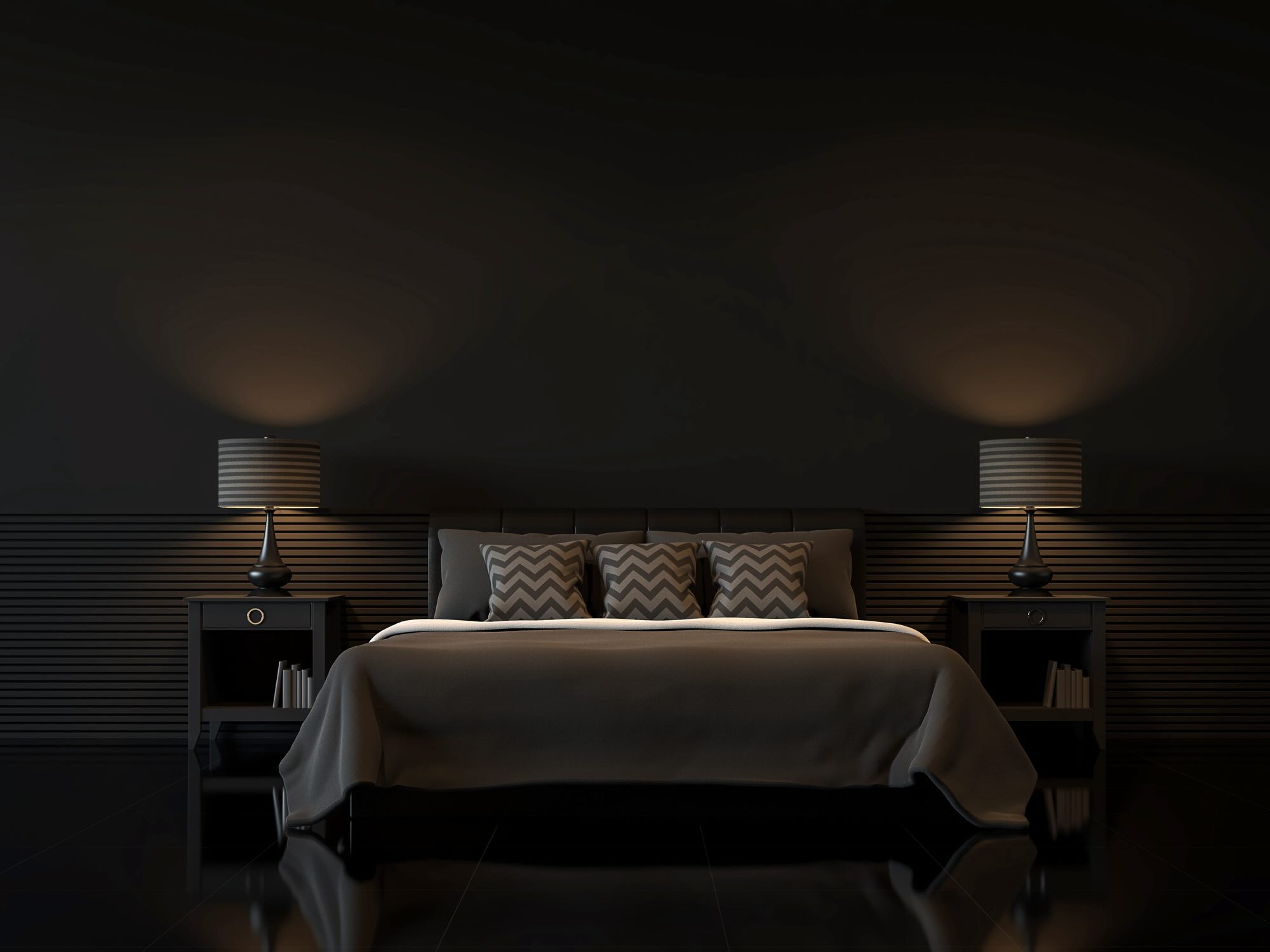
Optimize Your Room for Sleep Hygiene
Sleep hygiene refers to your sleep routine and the physical state of your bedroom. Discover the simple steps you can take to improve your bedroom environment and boost both the quality and quantity of your sleep.
Learn MoreHow to Choose an Air Purifier
- Identify Primary Pollutants: Allergens, smoke or odors.
- Room Size: Choose a purifier with a CADR (Clean Air Delivery Rate) appropriate for your room size.
- Filter Types: HEPA is a good baseline, consider carbon for additional features.
- Noise Level: Consider if you plan to run it while sleeping.
- Additional Features: Air quality sensors, timers, remote control or smartphone app integration.
Different Type of Air Purifiers
- HEPA Filters: Considered the gold standard, capturing even the tiniest particles like dust mites and pollen. Ideal for most allergy sufferers.
- Activated Carbon Filters: Effective at absorbing smoke, odors, and VOCs. Great for smokers, city dwellers, and homes with strong fumes.
- Air Ionizers: Charge airborne particles, causing them to stick together and fall out of the air. May not be as effective for smaller particles.
- UV-C Light Purifiers: Kill bacteria and viruses in the air using ultraviolet light. Can be effective against airborne pathogens but require proper maintenance.
Who Might Benefit from an Air Purifier
- Allergy & Asthma Sufferers: Filter out pollen, dust mites and pet dander.
- City Dwellers & Pollution-Prone Areas: Combat smog, car exhaust and industrial contaminants.
- Smokers and Pet Owners: Neutralize smoke particles and reduce pet dander.
Who Would Not benefit from an Air Purifier
- Severe Respiratory Conditions: While air purifiers can help by removing allergens from the air, they are not a substitute for medical treatment.
- Individuals sensitive to noise.
- Those with misconceptions about air quality.
- Those without significant indoor air quality issues.

Relevant Research - Air Purifiers
While current clinical evidence points towards the positive impact of air purifiers on sleep quality, it's important to note that more research is still required to fully understand their benefits. Studies have shown that using an air purifier in the bedroom can lead to significant improvements in objective sleep quality by reducing airborne allergens like pollen, pet dander, and mold spores (Sleep). Additionally, there's a noted correlation between air pollution and poor sleep quality, indicating that air purifiers can play a crucial role in mitigating these effects (International journal of environmental research and public health). A pilot study further supports this by revealing that air purifiers with high-efficiency particulate air filters can enhance air quality and extend total sleep time (Journal of sleep research). Despite these promising findings, the overall body of research on the subject is not exhaustive. The extent of the effectiveness of air purifiers across different environments, their impact on various types of sleep disturbances, and long-term benefits are areas that would benefit from further detailed studies. Thus, while the existing studies provide a positive outlook on the use of air purifiers for improving sleep quality, especially in polluted or high-allergen environments, continued research is necessary to solidify these findings and explore the full potential of air purifiers in sleep health.
